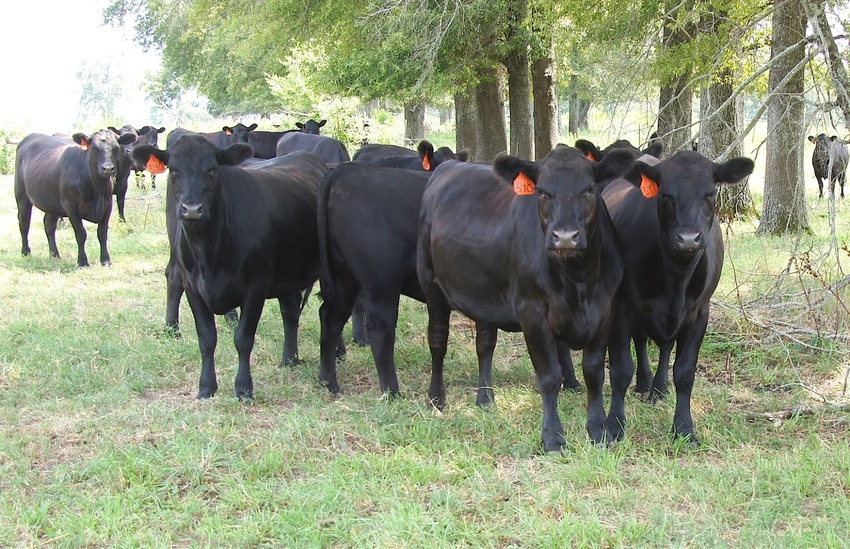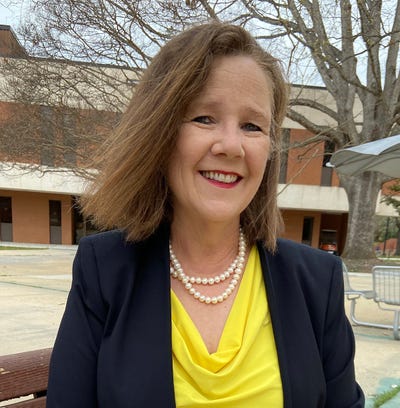
Tall fescue is a popular grass used for grazing, hay and erosion control in the eastern United States, but experts believe this grass could be responsible for more than $1 billion per year in livestock production losses.
A perennial bunch-type grass that grows rapidly during spring and fall, the majority of tall fescue plants contain a wild fungus that produces compounds beneficial to the plants, but toxic to livestock. The compounds created by the fungus are called “ergot alkaloids.” Animals that consume too much tall fescue containing this fungus can become afflicted with fescue toxicosis. Pasture renovation is one method that could help cut losses, said John Andrae, Clemson Extension forage specialist.
“Producers need to replant their entire pastures to reduce the potential for their livestock to fall victims to fescue toxicosis or manage toxic pastures specifically to minimize the severity of toxicosis,” Andrae said.
To help South Carolina livestock owners learn management techniques and how to replant their pastures with a new nontoxic novel-endophyte fescue, the Clemson Cooperative Extension Service and other institutions are teaming up with the Alliance for Grassland Renewal to hold one-day schools for producers in five states in 2018.
The South Carolina school will be held March 13 at the Clemson CAT building, 511 Westinghouse Road Pendleton, S.C. 29670. Other schools are: March 6 in Mt. Vernon, Missouri; March 8 in Lexington, Kentucky; March 14 in Raleigh, North Carolina and March 15 in Raphine, Virginia.
Topics addressed during each school include: fescue toxicosis: symptoms and causes, economics, establishment and first year management, drill calibration, seed and endophyte testing and transition from toxic to non-toxic fescue. A tour of field plots showing all available nontoxic novel tall fescue varieties and producer panel discussions also are included. In addition, seed companies will be on hand to discuss product they have available and cost share incentives will be discussed.
Each school runs from 8:30 a.m. to 5 p.m. Cost is $60 for anyone who registers before March 1 and $75 for anyone who registers later. Limited seating is available and pre-registration is requested. To register for the South Carolina class, go to: http://bit.ly/FescueRenovation.
Lunch, refreshments and materials will be provided.
About the Author(s)
You May Also Like






